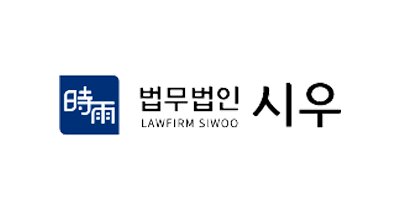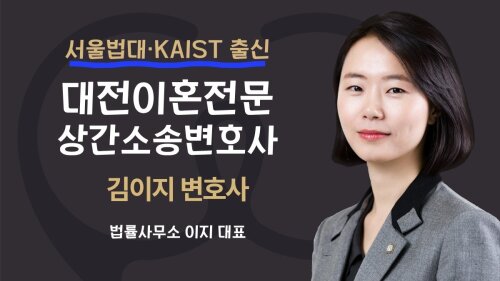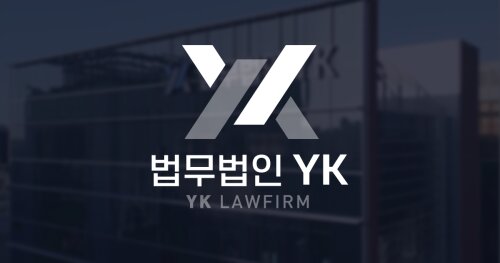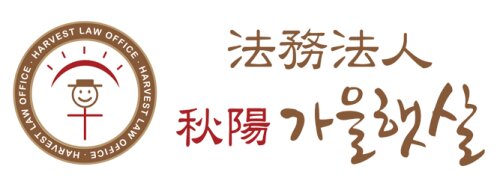Best Commercial Litigation Lawyers in South Korea
Share your needs with us, get contacted by law firms.
Free. Takes 2 min.
Or refine your search by selecting a city:
List of the best lawyers in South Korea
About Commercial Litigation Law in South Korea
Commercial litigation in South Korea refers to the legal processes and court proceedings used to resolve disputes that arise from commercial or business transactions. This area of law covers a wide range of business-related conflicts such as contract disputes, trade issues, shareholder disagreements, intellectual property matters, and cases involving regulatory compliance. South Korea has a well-established legal system that supports businesses through comprehensive laws, specialized courts, and various dispute resolution mechanisms. Whether you operate a small business or a multinational corporation, understanding commercial litigation procedures in South Korea can help you protect your commercial interests and resolve disputes effectively.
Why You May Need a Lawyer
There are many situations where legal assistance becomes vital in commercial litigation cases:
- Contract Disputes: When parties disagree on contract interpretation, fulfillment, or breaches, a lawyer helps protect your rights and seek damages or enforce performance.
- Business Torts: Cases involving fraud, misrepresentation, or unfair competition often require professional legal support.
- Partnership and Shareholder Disputes: Disagreements between business partners or shareholders over management, profit sharing, or buyouts can escalate to litigation.
- Debt Collection: If a client or another business fails to pay for goods or services, legal steps may be needed to recover outstanding amounts.
- Intellectual Property Infringement: Protecting trademarks, patents, and copyrights can involve litigation if infringement occurs.
- Regulatory Compliance: Navigating complex laws and regulations in areas such as antitrust, consumer protection, and data privacy may require legal expertise.
- Cross-border Transactions: Disputes involving foreign companies often require understanding Korean and international legal frameworks.
In any situation where significant financial or reputational interests are at stake, consulting a commercial litigation lawyer ensures you take the right steps and adhere to required procedures.
Local Laws Overview
Commercial litigation in South Korea is governed by a combination of laws and regulations, the most important of which include the Civil Act, Commercial Act, and the Civil Procedure Act. These laws set out contract law principles, rights and obligations of commercial entities, dispute resolution processes, and enforcement of judgments. The Korean court system features specialized courts, such as the Seoul Central District Court’s Commercial Division, handling complex business disputes. Litigation procedures are generally adversarial, but alternative dispute resolutions like arbitration and mediation are also common, especially for high-value or international business conflicts. Foreign entities involved in Korean commercial disputes must comply with local court procedures, and judgments are typically enforced through the Korean judicial system.
Frequently Asked Questions
What is considered a commercial dispute in South Korea?
Commercial disputes generally involve disagreements between businesses or individuals regarding commercial transactions, contracts, company management, intellectual property, or regulatory issues.
Do I always have to go to court to resolve a commercial dispute?
No, alternatives such as mediation and arbitration are frequently used, especially if both parties agree. However, if no agreement is reached, court proceedings may be necessary.
Can foreign companies file lawsuits in South Korean courts?
Yes, foreign companies have the right to sue or be sued in Korean courts, provided the court has jurisdiction over the matter.
How long does commercial litigation typically take in South Korea?
The length of litigation depends on the complexity of the case. Simple cases may resolve within several months, whereas complex disputes can last one year or longer.
What are the main stages of a commercial lawsuit?
Key stages include filing the complaint, exchange of written arguments, preliminary hearing, main hearing, evidence examination, and the judgment. Appeals may follow if either party is dissatisfied with the decision.
Is it costly to litigate in South Korea?
Litigation costs vary based on the size and complexity of the case. Court fees, attorney fees, and costs of evidence or expert witnesses contribute to expenses. Some fees may be recovered if you win the case.
Are judgments from Korean courts enforceable?
Yes, final and binding judgments are enforceable through the Korean legal system. For foreign judgments, recognition and enforcement depend on reciprocity and other legal requirements.
What happens if a company ignores a court judgment?
If a party does not comply with a court judgment, enforcement procedures such as asset seizure or property foreclosure may be pursued under Korean law.
Can confidential information be protected during litigation?
Yes, parties can request the court to restrict public access to sensitive information or conduct hearings in private in certain circumstances.
Should I use arbitration instead of litigation?
This depends on the nature of your dispute, contract terms, and priorities such as confidentiality, speed, and cost. Arbitration is often preferred for international and high-stakes business conflicts.
Additional Resources
If you need further information or assistance regarding commercial litigation in South Korea, consider the following resources:
- Korean Bar Association: Provides lawyer directories and legal information.
- Supreme Court of Korea: Offers guidance on court procedures and judgments.
- Korea Commercial Arbitration Board (KCAB): Leading institution for arbitration and mediation services.
- Ministry of Justice: Governing body for legal affairs and guidance on judicial processes.
- Local Legal Aid Centers: Offers support for those needing help with commercial litigation matters.
Next Steps
If you believe you have a commercial dispute or require legal advice:
- Gather all relevant documents such as contracts, correspondence, and records related to the dispute.
- Reach out to a qualified Korean commercial litigation lawyer who understands both domestic and, if needed, international aspects of business law.
- Discuss your situation clearly and ask about your options for resolution, including settlement, mediation, arbitration, or court litigation.
- Follow your lawyer’s guidance on preparing your case and responding to any legal notifications or proceedings.
- Stay updated on deadlines and procedural requirements to protect your legal rights throughout the dispute resolution process.
Taking early and informed action is the key to managing risks and achieving the best possible outcome in commercial litigation matters in South Korea.
Lawzana helps you find the best lawyers and law firms in South Korea through a curated and pre-screened list of qualified legal professionals. Our platform offers rankings and detailed profiles of attorneys and law firms, allowing you to compare based on practice areas, including Commercial Litigation, experience, and client feedback.
Each profile includes a description of the firm's areas of practice, client reviews, team members and partners, year of establishment, spoken languages, office locations, contact information, social media presence, and any published articles or resources. Most firms on our platform speak English and are experienced in both local and international legal matters.
Get a quote from top-rated law firms in South Korea — quickly, securely, and without unnecessary hassle.
Disclaimer:
The information provided on this page is for general informational purposes only and does not constitute legal advice. While we strive to ensure the accuracy and relevance of the content, legal information may change over time, and interpretations of the law can vary. You should always consult with a qualified legal professional for advice specific to your situation.
We disclaim all liability for actions taken or not taken based on the content of this page. If you believe any information is incorrect or outdated, please contact us, and we will review and update it where appropriate.
Browse commercial litigation law firms by city in South Korea
Refine your search by selecting a city.
















